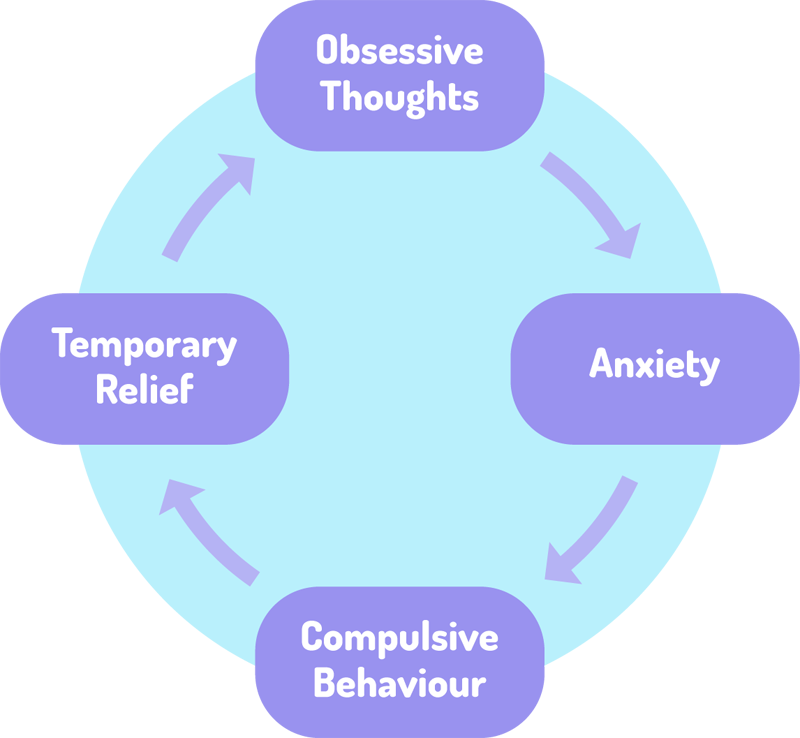
OBSESSIVE COMPULSIVE DISORDER(OCD)
Obsessive-compulsive disorder (OCD) is a mental disorder in which people experience unwanted and repeated thoughts, feelings, images, or sensations (obsessions) and engage in behaviors or mental.

🎖 OCD och intima relationer
What is the difference between OCD and OCPD? Even though they sound similar, obsessive-compulsive disorder (OCD) and obsessive-compulsive personality disorder (OCPD) are different conditions.. OCPD is a personality disorder that causes an extensive preoccupation with perfectionism, organization and control.. People with OCD are usually aware that their obsessions and compulsions are.
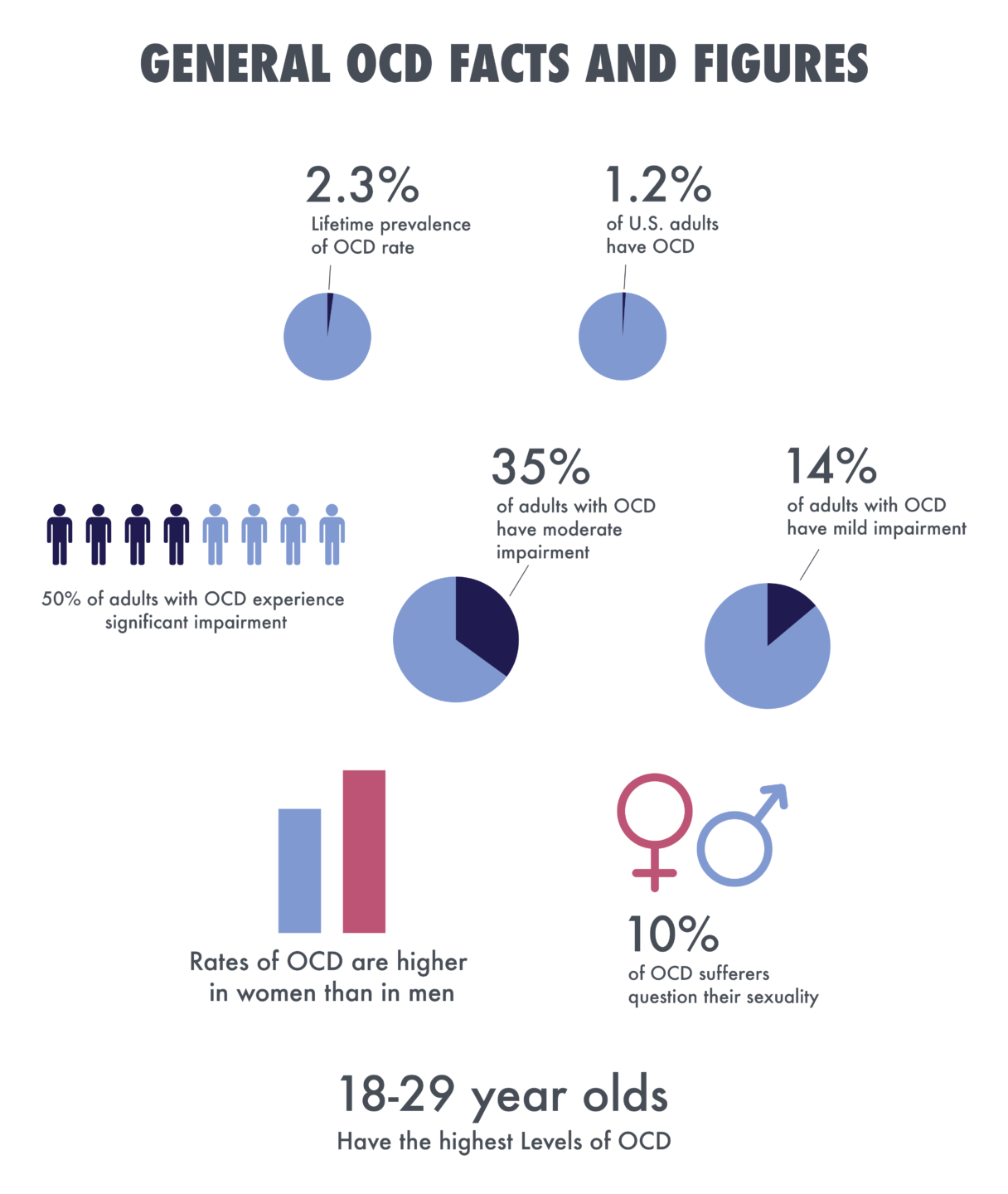
A Guide to Obsessive Compulsive Disorder Statistics and Treatment
Epidemiological studies of obsessive-compulsive disorder (OCD) indicate a lifetime prevalence rate of 1% to 3% and a point prevalence of 2%.1-3 Researchers have reported that the mean age of onset of OCD is 20 years of age and that the mean duration of the period in which the disorder is untreated after the start of the symptoms is 9 years.4 A report from the World Health Organization listed.

OCD Obsessive Compulsive Disorder • Anxiety & OCD Treatment Center of Florida
Obsessive-compulsive disorder treatment may not result in a cure. But it can help bring symptoms under control so that they don't rule your daily life. Depending on how serious your OCD is, you may need long-term, ongoing or more-intensive treatment. The two main treatments for OCD are psychotherapy and medicines. Psychotherapy also is known as.
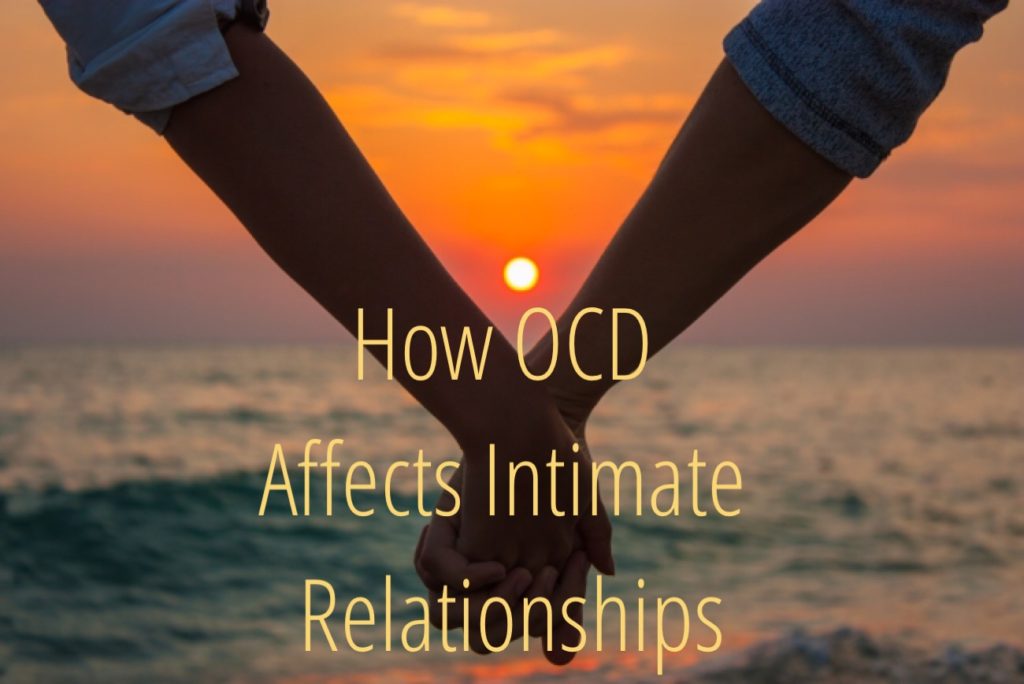
How OCD Affects Relationships GroundWork Counseling
Myth 4: People with OCD just need to relax. Again—nope. A person with OCD most definitely is struggling with anxiety, but it stems from the continual intrusion of obsessive, upsetting thought.

Tips for Dating With OCD YouTube
Obsessive-compulsive disorder (OCD) is a mental health condition characterized by obsessions and compulsions that interfere with daily life. OCD was formerly classified as an anxiety disorder because people affected by this mental illness often experience severe anxiety as a result of obsessive thoughts.

Understanding Disorder (OCD) Signs, Types, Causes & Treatment
OCD symptoms tend to wax and wane over time. Sometimes they may be little more than background noise; at other times they may be very distressing and disturbing. OCD can start at any time from preschool age to adulthood (usually by age 40). One third to one half of adults report that their OCD started during childhood.

Obsessive Compulsive Disorder Lanc UK
Causes. The cause of obsessive-compulsive disorder isn't fully understood. Main theories include: Biology. OCD may be due to changes in your body's natural chemistry or brain functions.; Genetics. OCD may have a genetic component, but specific genes have yet to be found.; Learning. Obsessive fears and compulsive behaviors can be learned from watching family members or learning them over time.

Types of OCD (Obsessive Compulsive Disorder) Visual.ly
From hoarding to handwashing to forever checking the stove, obsessive-compulsive disorder (OCD) takes many forms. It is an anxiety disorder that traps people in repetitive thoughts and behavioral.

Understanding OCD Obsessive Compulsive Disorder Therapy Birmingham
Relationship OCD (ROCD) is a subtype of obsessive-compulsive disorder in which people experience unwanted and persistent thoughts about their current or past relationships, known as obsessions. Many of us experience varying levels of relationship anxiety from time to time. However, for those with ROCD, these obsessions are all-consuming and.
:max_bytes(150000):strip_icc()/what-are-the-different-types-of-ocd-2510663_color3-5b3f8fda46e0fb00370d01bf.png)
OCD Subtypes Different Subtypes of Disorder
Obsessive-compulsive disorder (OCD) is often a disabling condition consisting of bothersome intrusive thoughts that elicit a feeling of discomfort. To reduce the anxiety and distress associated with these thoughts, the patient may employ compulsions or rituals. These rituals may be personal and private, or they may involve others participating; the rituals are to compensate for the ego.
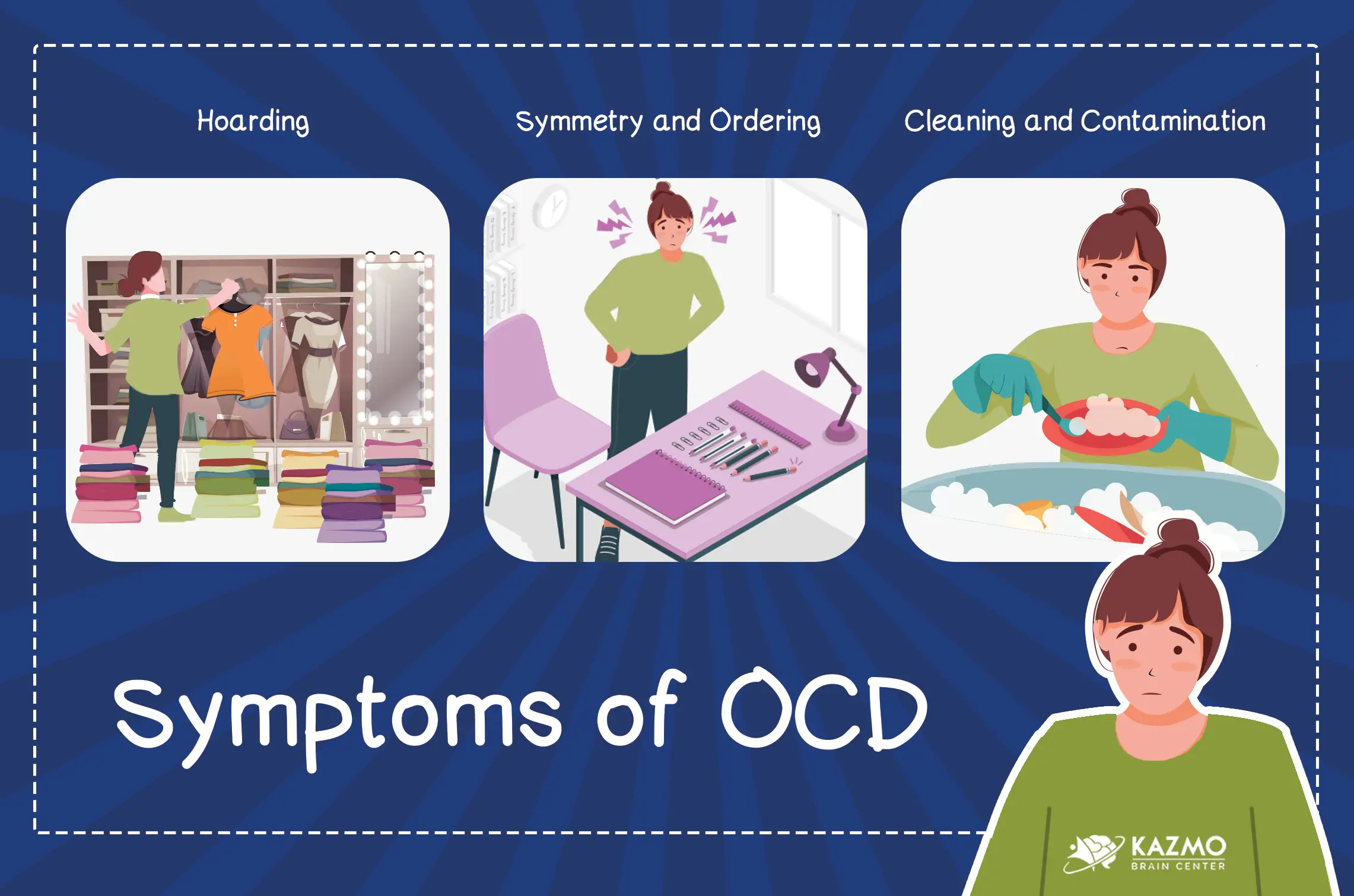
Disorder (OCD) Kazmo Brain Center
Disorders Related to OCD. One of the stumbling blocks to accessing effective treatment for individuals with OCD is that OCD can sometimes be confused with other disorders. The newest edition of the Diagnostic and Statistical Manual of Mental Disorders (DSM-5) — which mental health professionals use to help diagnose mental health disorders.

Apa itu Obsessive Compulsive Disorder (OCD)? Berikut ini Penjelasannya
Overview of Relationship OCD (ROCD) Evelyn, Jeffery, and Norman present with what is commonly referred to as relationship obsessive-compulsive disorder (ROCD) — obsessive-compulsive symptoms that focus on intimate relationships. In the last decade, ROCD has been frequently mentioned and discussed in OCD forums and self-help discussion groups.

OCD en Relaties Waarom Relatie OCD leidt tot intense twijfel
OCD is a slow-onset disorder, but we can often trace the beginnings of obsessions and compulsions to either a stressful life event or a life change that bestows greater responsibilities on the.
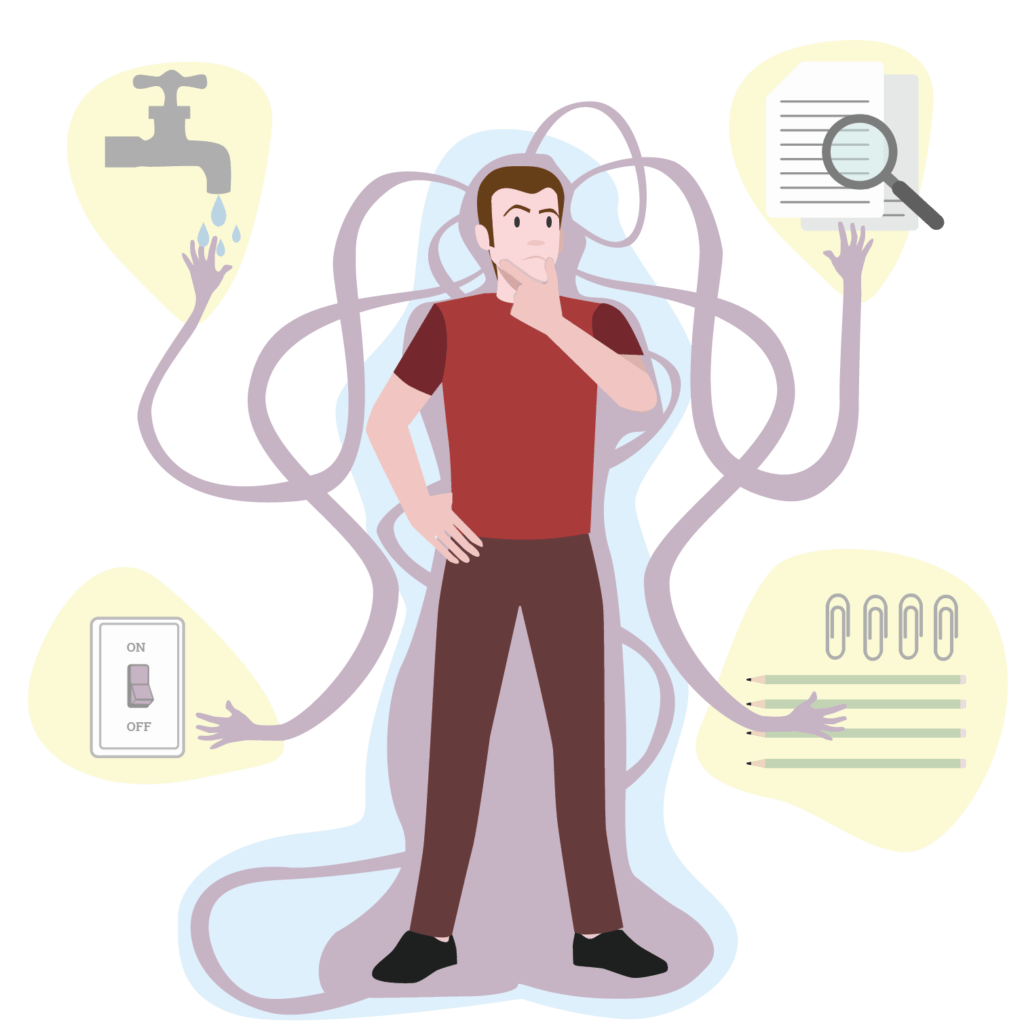
OCD What is OCD? Exceptional Individuals
Obsessive-compulsive disorder (OCD) is a highly prevalent and chronic condition that is associated with substantial global disability. OCD is the key example of the 'obsessive-compulsive and related disorders', a group of conditions which are now classified together in the Diagnostic and Statistical Manual of Mental Disorders, Fifth Edition, and the International Classification of.

OCD Is Not What You Think It Is Enriched Couples
Obsessive-compulsive disorder (OCD) is a long-lasting disorder in which a person experiences uncontrollable and recurring thoughts (obsessions), engages in repetitive behaviors (compulsions), or both. People with OCD have time-consuming symptoms that can cause significant distress or interfere with daily life. However, treatment is available to.